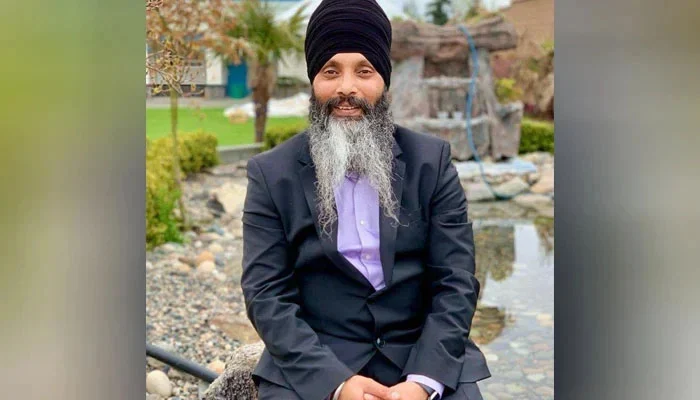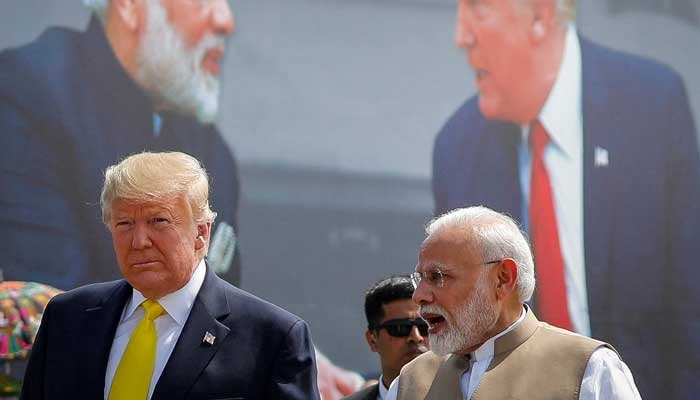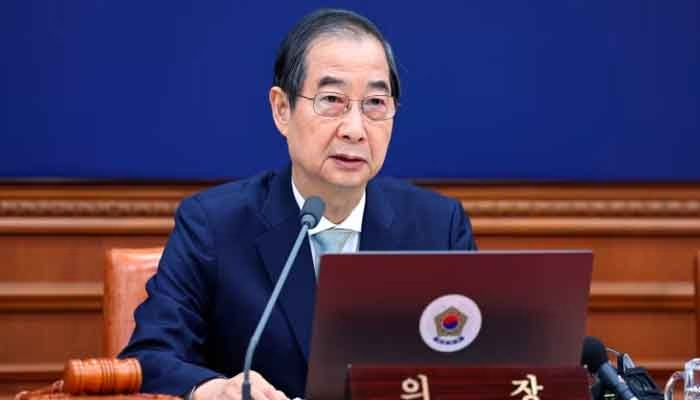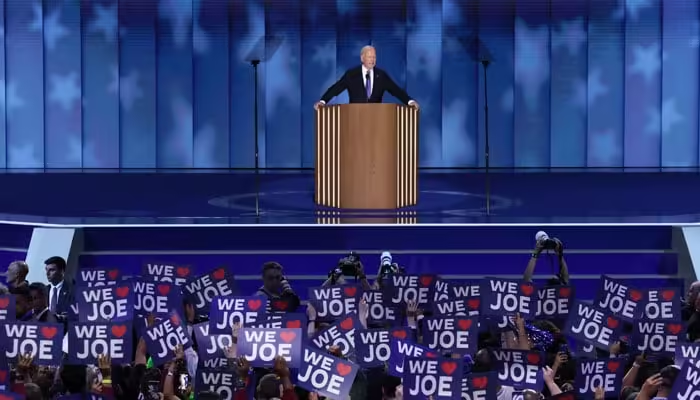In a significant development, Canada’s Prime Minister Justin Trudeau has raised concerns over potential Indian involvement in the assassination of prominent Sikh leader Hardeep Singh Nijjar. Speaking before Parliament on Monday, Trudeau asserted that during the G20 summit, he had expressed concerns to India’s Prime Minister Narendra Modi about the possible role of Indian agents in the killing of the Sikh leader.
Trudeau stated that they possess credible information suggesting that Indian agents might be implicated in the assassination of Hardeep Singh Nijjar. Canadian Foreign Minister Melanie Joly announced that they have ordered the expulsion of the head of India’s intelligence agency and initiated investigations into the matter. Such actions are unprecedented in Canada, and they have refrained from naming the Indian diplomat involved.
Prime Minister Justin Trudeau emphasized that foreign governments’ involvement in any assassination on Canadian soil is a violation of their sovereignty, and the intelligence agencies have linked the death of Hardeep Singh to the Indian intelligence agencies, making it evident that supporters of Khalistan had accused Indian intelligence agencies of involvement in Hardeep Singh’s assassination.
Hardeep Singh Nijjar was assassinated in front of a Gurdwara (Sikh temple) in Canada on June 18th. Trudeau said that Canada is actively investigating “credible allegations” that Indian agents may have played a role in the killing near Vancouver in June, suggesting a possible connection between the murder and Indian intelligence agencies. This issue was raised during a parliamentary opposition session, where it was stated that their government is actively pursuing leads regarding the connection between India and Canadian citizen Hardeep Singh Nijjar’s assassination.
Canada strongly condemns any foreign government’s involvement in the killing of Canadian citizens on Canadian soil. “Our sovereignty cannot be violated, and we will not tolerate any infringement,” Trudeau declared. In the strongest possible words, he demanded cooperation from the Indian government to resolve the matter.
Hardeep Singh Nijjar, who was labeled a wanted terrorist by India, was gunned down in Surrey, a suburb of Vancouver, which has one of the largest Sikh populations in Canada. Nijjar had advocated for the creation of a separate Sikh state in northern India, a claim that India had contested.
Tensions are escalating between India and Canada over the unresolved murder case, and Ottawa’s handling of Sikh separatists who advocate for a separate Sikh homeland in northern India has caused displeasure in India. Extremist Sikh nationalists have been a source of concern for New Delhi, as they seek to establish an independent Sikh state in northern India. During the G20 summit in New Delhi, tensions flared further, with Trudeau’s participation.
According to a statement from the Indian government, there were reports of extremist elements present during Trudeau’s meeting in Canada. The statement emphasized India’s commitment to peaceful protests against hatred and extremism.
the accusations and investigations into the assassination of Hardeep Singh Nijjar have strained diplomatic relations between Canada and India. The Canadian government’s strong stance on foreign interference in domestic matters highlights the importance of respecting sovereignty and the need for cooperation to resolve international incidents of this nature. The situation remains tense, and a diplomatic resolution is needed to address the concerns raised by both countries.



